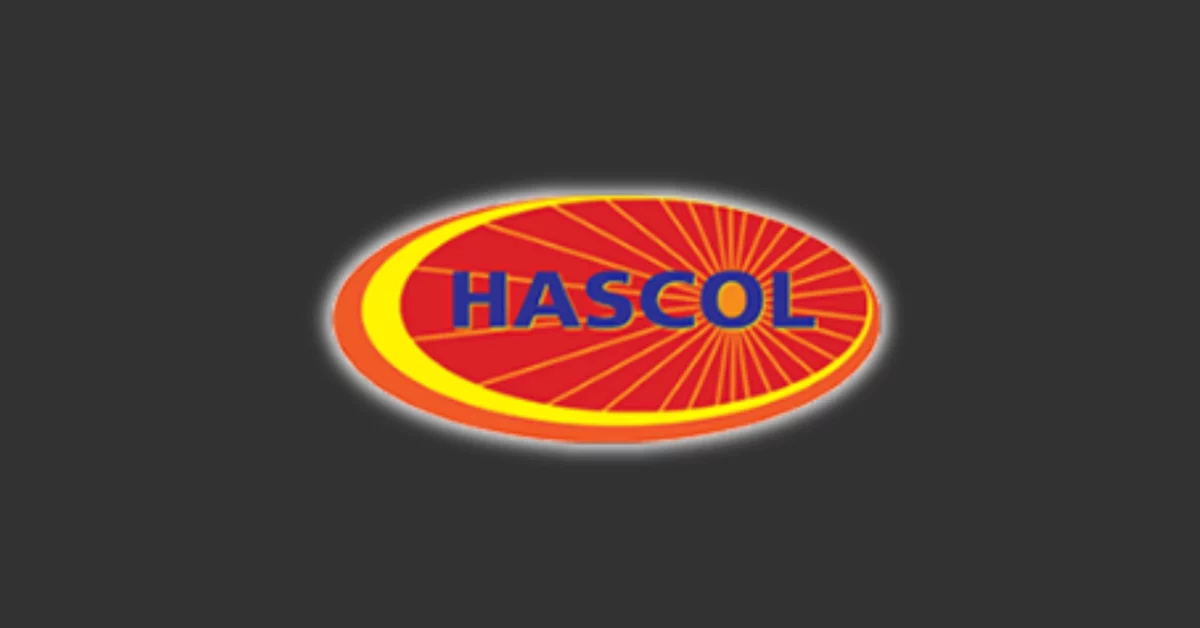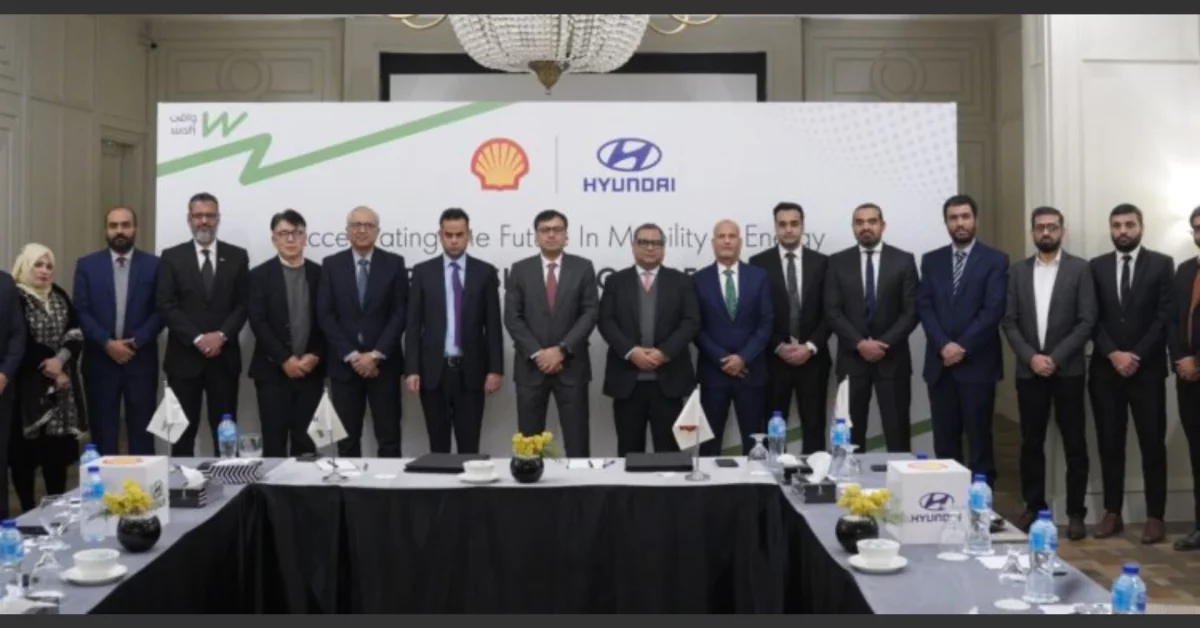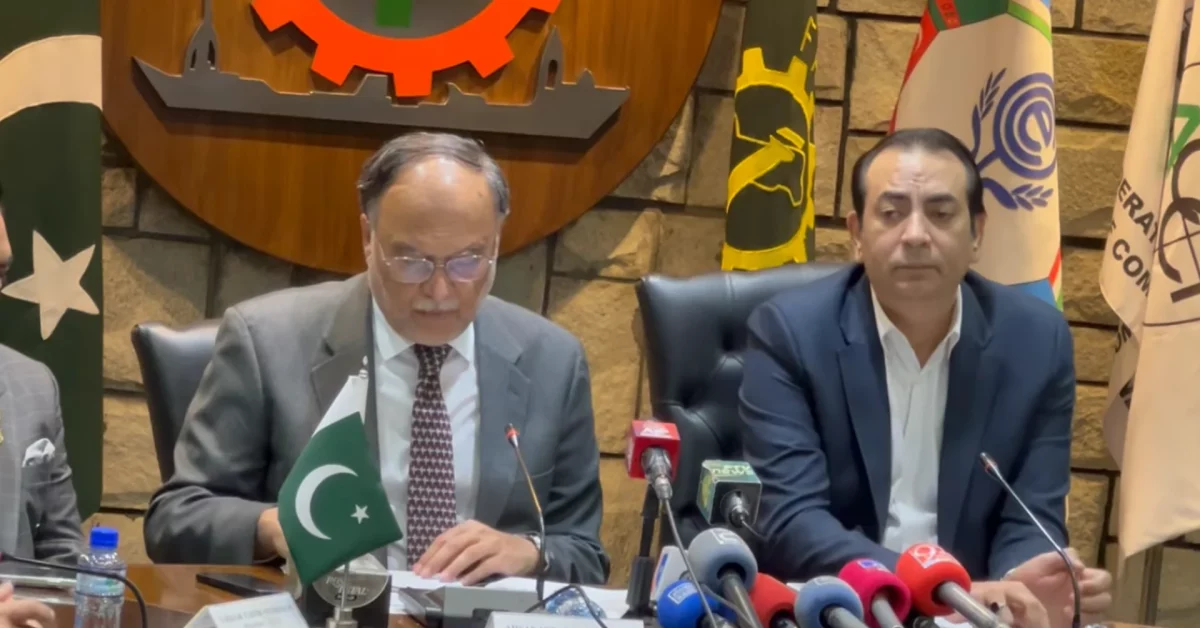
From Rupees to Bitcoin: Pakistan, El Salvador Unite
July 18, 2025
Pakistan’s Gender Disparity Gap Widens: ILO Report
July 18, 2025As digital tools reshape economies worldwide, Pakistan’s low financial inclusion threatens to widen inequality and stall growth, unless urgent action is taken.
In today’s world, being disconnected doesn’t just mean missing a call, it means missing out on saving money, receiving a government payment, applying for a job, or growing a small business. Digital access has become a basic building block for economic opportunity and financial inclusion. Yet for millions of Pakistanis, that opportunity remains out of reach.
Only 27% of adults in Pakistan have a financial account, which is nearly one-third the average of 75% for low- and middle-income countries (LMICs). These countries have achieved high levels of financial inclusion primarily through mobile money services and digital payment platforms. Moreover, even fewer adults merely, 25% used digital payment in the past year in comparison to 61% of adults in LMICs.
The World Bank’s Global Findex Database 2025 delivers a powerful reminder of just how much is at stake. It highlights the stark contrast that exists between Pakistan and the rest of the world. It indicates that around 79% of adults worldwide now own a financial account, up from 76% in 2021, an increase of about 3 percentage points. In low- and middle-income countries (LMICs), account ownership has climbed to 75%,
In Sub-Saharan Africa, nearly 40% of adults now use mobile money accounts. Latin America and the Caribbean have also made big strides, with digital payment usage reaching 37%. These tools have made saving, borrowing, and sending money faster, safer, and more accessible, especially for the poor, the unbanked, and those living far from traditional bank branches.
But while the world moves forward, Pakistan risks being left behind.
The Price of Disconnection: Pakistan’s Missed Economic Potential
Only 63% of Pakistani adults own a mobile phone, one of the lowest rates outside Sub-Saharan Africa. Even among phone owners, a significant portion do not have SIM cards registered in their own names, which limits access to mobile wallets, government transfers, and SIM-based verification systems.
The picture becomes even more gloomy when we look at women. Pakistan has the world’s largest gender gap in mobile phone ownership, a staggering gap of 65 percentage points. This means millions of women can’t access digital tools that could give them more control over their finances, help them start small businesses, or simply allow them to send or receive money. Alarmingly, 40% of women without phones cite family or community disapproval as the reason, a barrier that men almost never face.
This is more than just a technological issue. It’s an economic one. Countries that have embraced digital financial services are reaping measurable benefits, from higher savings and better access to credit, to improved financial resilience, and more efficient government services. In LMICs, 40% of adults saved money in 2024, up from just 24% in 2021. However, in Pakistan, where digital access remains limited, only 13% saved formally, which means, millions remain excluded from these benefits.
Moreover, these gaps go beyond financial services. Digital connectivity is foundational; it enables everything from job searches and online learning to small business marketing and participation in the gig economy. People, especially young people and women, remain locked out of the modern economy without it.
Bridging the Digital Divide: A Path to Financial Inclusion for Pakistan
Pakistan needs to eradicate huge gaps that persist within the basic tools such as a mobile phone, a national ID, and a SIM card that are essential for augmenting financial inclusion. The government must take the initiative to provide affordable digital access, user-friendly services, and digital literacy so that millions could be financially included.
Nevertheless, the landscape of digital and financial inclusion doesn’t have to stay this bleak. As with the right policies, Pakistan could dramatically expand digital and financial access, particularly for women and low-income communities. This means investing in mobile infrastructure, encouraging affordable smartphones and expanding data coverage, especially in underserved areas, while the gender gap must be eradicated through awareness campaigns and digital literacy programs.
Financial inclusion isn’t just about having a bank account, but it also means reimagining how public services are delivered. When citizens have mobile-linked accounts, governments can send targeted welfare payments, track spending patterns, and reduce leakages, making public spending more efficient and equitable.
For Pakistan, the benefits of closing this gap are not abstract. According to the GSMA, every 10% increase in mobile internet penetration in LMICs can result in a2%–4% increase in GDP per capita. Financial inclusion, especially through digital means, has demonstrated to boost household incomes, promote entrepreneurship, and reduce poverty.
Pakistan is a young country, full of potential but without digital inclusion, that potential remains untapped. The challenge now is to connect them, not just to the internet, but to the opportunity of formally participating in the economy.






